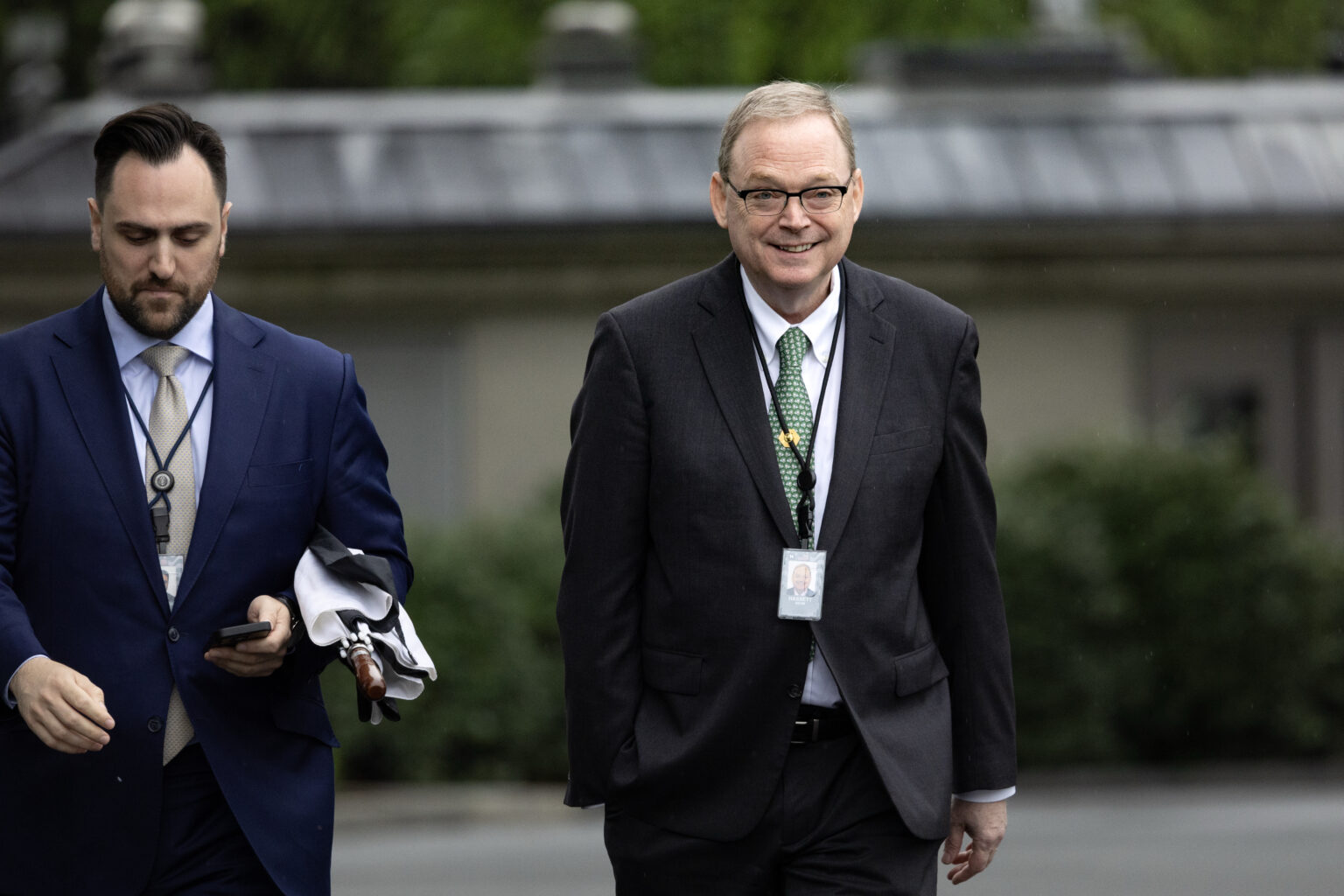New Research Highlights the Impact of Business Tax Cuts on Economic Growth
Recent findings from a prominent government official and leading economists shed new light on how reductions in corporate taxes can stimulate economic activity. As congressional Republicans deliberate over the scope of tax reforms in their latest legislation, this research offers valuable insights into the potential benefits of such policies.
Empirical Evidence from the 2017 Tax Cuts
In a comprehensive study published by the National Bureau of Economic Research, Kevin Hassett, Director of the White House National Economic Council, presents compelling evidence that the corporate tax reductions enacted in the 2017 Tax Cuts and Jobs Act have led to sustained increases in business investment. Remarkably, the analysis indicates that these effects persist even several years after the legislation’s implementation, suggesting a long-term positive influence on economic expansion.
Context Within Current Legislative Debates
This research arrives at a pivotal moment as the Trump administration and Senate Republicans are negotiating the allocation of funds for business incentives within President Donald Trump’s proposed budget. The House of Representatives recently approved a bill allocating trillions of dollars toward household benefits and campaign promises such as eliminating taxes on tips and overtime pay. To manage costs, the legislation scaled back some of the original business tax incentives, including those aimed at research and development (R&D).
Meanwhile, several Senate Republicans advocate for making these business incentives permanent in the upcoming legislative package. The new study by Hassett, co-authored with Stanford University economists Jonathan Hartley and Joshua Rauh, could bolster their case by providing empirical support for the effectiveness of these measures.
Understanding the Link Between Tax Policy and Investment
The authors argue that the 2017 tax law created a natural experiment, allowing researchers to observe how changes in the cost of capital influence corporate investment decisions. When the “user cost of capital” drops by just 1 percentage point, the study finds, business investments can increase by as much as 3 percentage points-significantly higher than previous estimates suggested.
“The ongoing debate in the Senate over making full expensing permanent is intense,” explained Hartley. “This policy allows companies to immediately deduct the full costs of certain investments, which the paper shows to be highly pro-growth. Ultimately, these business provisions are among the most effective tools for fostering economic expansion.”
Limitations and Criticisms of the Study
Despite its promising findings, the study is unlikely to settle the contentious debate surrounding the true impact of corporate tax cuts. Critics point out that while the research confirms incentives influence where companies allocate capital, it does not quantify the overall increase in business investment. Alan J. Auerbach, an economist at the University of California, Berkeley, notes that if the total investment supply is fixed, the policy might simply shift funds between sectors rather than expanding the total investment pool. This nuance underscores the complexity of measuring true economic growth.
Furthermore, Auerbach criticizes the current legislative proposals for allocating insufficient funds toward these growth-oriented measures, especially given the bill’s hefty $2.4 trillion price tag. “While the research indicates that investment incentives matter, the actual policy effort remains modest,” he remarked. “A more focused approach on these policies would be ideal, but political priorities often limit such ambitions.”
Broader Economic Perspectives and Political Implications
Opponents, including many Democrats, have criticized the current tax legislation for its substantial cuts to Medicaid and its projected fiscal impact, which could exceed $5 trillion when considering extensions and interest costs. Analyses from organizations like the Tax Foundation suggest that the growth effects of the bill are likely to be modest. Additionally, economist Ernie Tedeschi from Yale Budget Lab warns that the increased deficit could lead to higher interest rates, making borrowing more expensive and potentially dampening investment.
Expert Opinions and the Future of Tax Policy
Kyle Pomerleau of the American Enterprise Institute agrees that the 2017 tax law did promote increased investment but raises concerns about potential methodological flaws in the recent study. Meanwhile, Harvard economist Gabriel Isaac Chodorow-Reich emphasizes that the paper’s findings align with the broader consensus that business tax cuts can stimulate investment. However, he cautions that such policies may also exacerbate income inequality by disproportionately benefiting business owners and could worsen the nation’s fiscal deficit.
Chodorow-Reich concludes, “While the evidence supports the idea that tax cuts can boost investment, policymakers must carefully weigh the benefits against the costs. Having a clearer understanding of these trade-offs is essential for crafting effective and equitable policies.”

